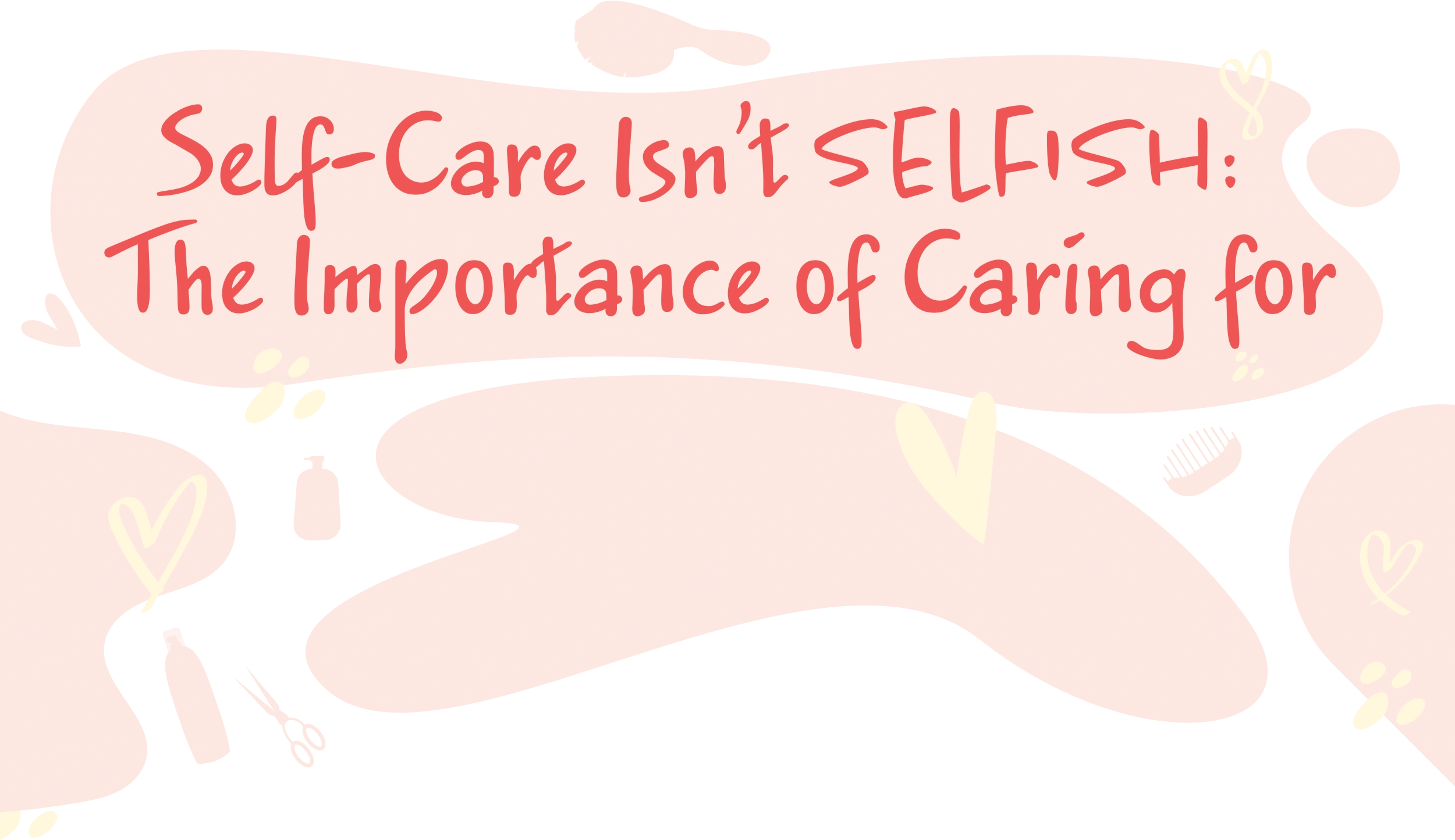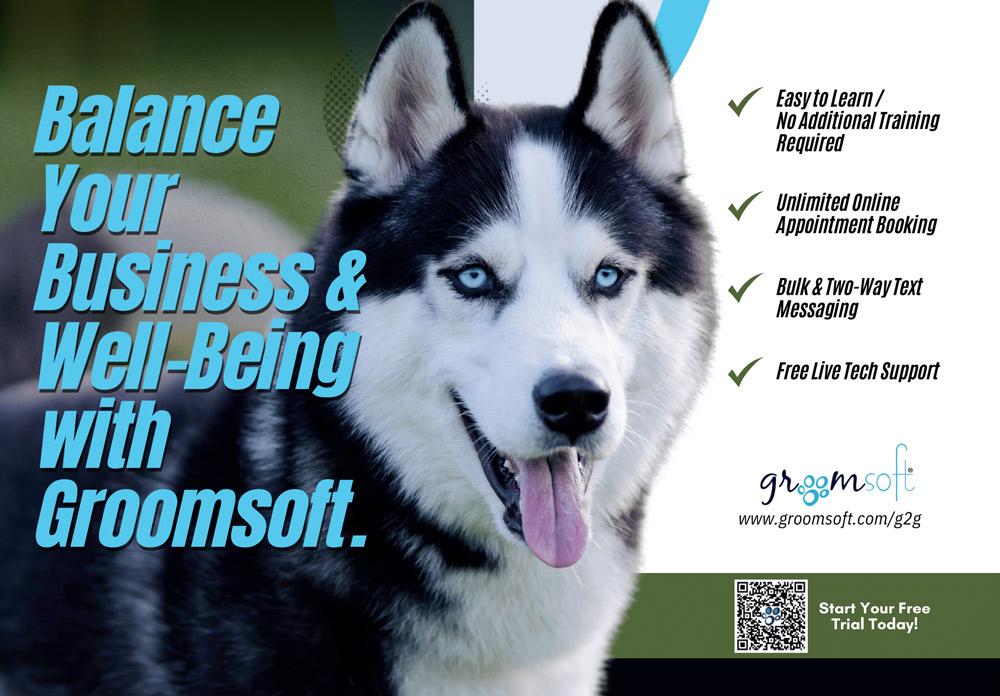

 epeat clients are great for business. They are the bread and butter of what we do. And to keep customers coming back time after time, the care of their pet must be our top priority. Yet, is there anything you do for yourself as a priority? Something monthly? Bimonthly? Or even just twice a year? Why is it you’re willing to work longer days or squeeze in a Shih Tzu because it’s just a Shih Tzu? Where is the time you take to do something for yourself?
epeat clients are great for business. They are the bread and butter of what we do. And to keep customers coming back time after time, the care of their pet must be our top priority. Yet, is there anything you do for yourself as a priority? Something monthly? Bimonthly? Or even just twice a year? Why is it you’re willing to work longer days or squeeze in a Shih Tzu because it’s just a Shih Tzu? Where is the time you take to do something for yourself?
Nowadays, we have become accustomed to feeling guilty if we take time for ourselves. This is largely due to learned behaviors over the years. Yes, someone can be an innate caregiver, but if you take an introspective look, it typically stems from childhood. Taking a glance at our upbringing allows us to understand why we may be more reluctant to enjoy self-care. Whether you are the eldest sibling, a parentified child or come from a deeply empathetic family unit, our caring tendencies have an origin. If you find yourself being a caretaker for others, you may struggle with caring for yourself.
Though empathy for others may come easily, at the same time, when others have empathy for you, it may feel uncomfortable. This feeling often stems from guilt of not wanting to be a burden or that we feel we are undeserving of care from others. In the same breath, if we feel this way, we tend to not put our own care as a priority either for those same reasons. The basics of partaking in self-care can allow us to look at our own needs, which may range from mental, physical, emotional or spiritual health.
It is important within the workplace to be supportive and open in communication regarding mental and physical health. Where there is fear, there is distrust and unhappiness. If an employee is fearful or worried about asking for much-needed time off, then they may become burnt out or even seek other avenues of employment. Burnout is real and it’s miserable. When you lose interest in something that you once loved and enjoyed all because you are tired, you become frustrated with yourself, among other things.

There are numerous forms of care that many of us lack. This can include additional sleep, emotional expression, healthy eating habits, social support, mindfulness or even exercise. It is important that we put enough pressure on ourselves to implement a form of self-care without making it feel like a chore.
Meditating, journaling and breathing exercises are all ways that you can improve your mental health. In the realm of Cognitive Behavioral Therapy, these self-care techniques are not only for improving your wellbeing, but also function as excellent coping mechanisms.
Box breathing is a great way to ground yourself. This breathing exercise consists of breathing in through your nose for four seconds, holding it in for four seconds, breathing out through your mouth for four seconds, and then holding it out for four seconds. This is a simple exercise that can be conducted essentially whenever and wherever. If you find yourself becoming overwhelmed in between dogs, take the 16 seconds and reset your breath. You can repeat as needed until the results are in effect.
As much as your brain may want to convince you that doing something for yourself is selfish, taking care of yourself is not selfish. We are quick to have our shears sharpened, but it’s time to sharpen yourself. You are the most valuable tool that you have, and we don’t have the option of a replacement. Being a dull blade in life won’t bring you the satisfaction and pride that a sharp one will, so take care of yourself.


